Unit A – Handa’s Surprise
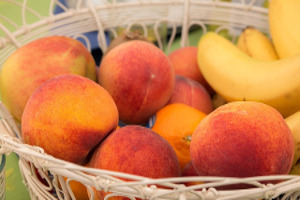
This English scheme of work for Key Stage One gets the children to investigate the use of patterned language in a story from another culture, explore spellings of words with different vowel digraphs and practise punctuating and writing sentences using capital letters and full stops based on Handa’s Surprise, Eileen Browne.

Investigate and describe the use of patterned language and narrative events in a story from another culture

Lesson One : Fruit Basket
Identify, define and spell a selection of vocabulary words with the vowel digraph ir that can be used to describe different fruits

Lesson Two : Word Lists
Compile and illustrate lists of words from a narrative story set in a different culture that contain the ir and ur vowel phoneme digraphs
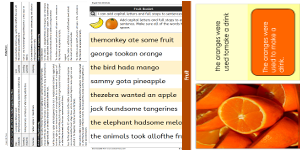
Lesson Three : Animal Sentences
Model how to add the correct punctuation and word spaces to complete sentences about different animals that might live wild in habitats around the world
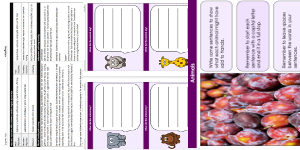
Lesson Four : Animal Voices
Write a selection of different sentences to suggest what characters might have said in response to narrative events in a story from another culture
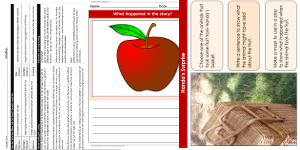
Lesson Five : Story Scenes
Practise using drama and role-play to illustrate one of the events that happened in a narrative story that is set in another culture
-
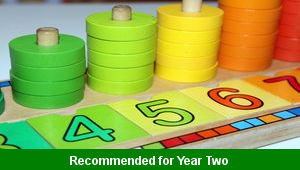
Number Order
Identify and record the sequence of a selection of two digit numbers by the place value of their numerical digits when representing their order using concrete equipment and diagrams
-

Number Lines
Identify and record the position of a range of two digit numbers on different sized scales that extend from zero to one hundred place values
-

Number Words and Digits
Match, compare and order a range of different two digit numbers that have been written in both words and digits from the smallest to biggest values
-

Number Frames
Explain and model how to use pictorial diagrams to represent the values of different numbers to one hundred that have been listed in both words and digits
